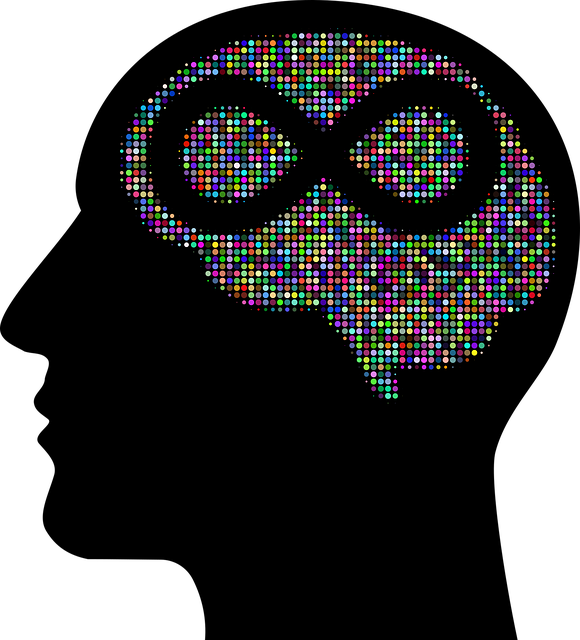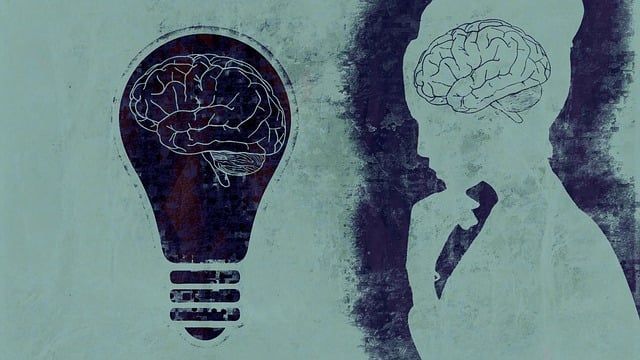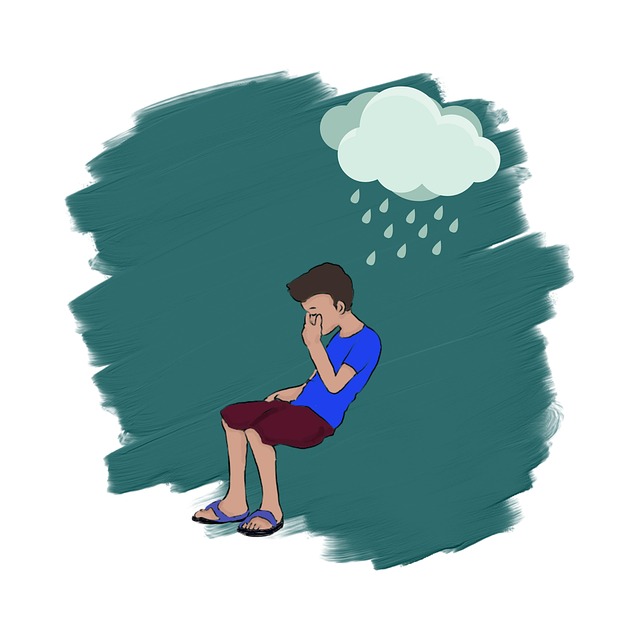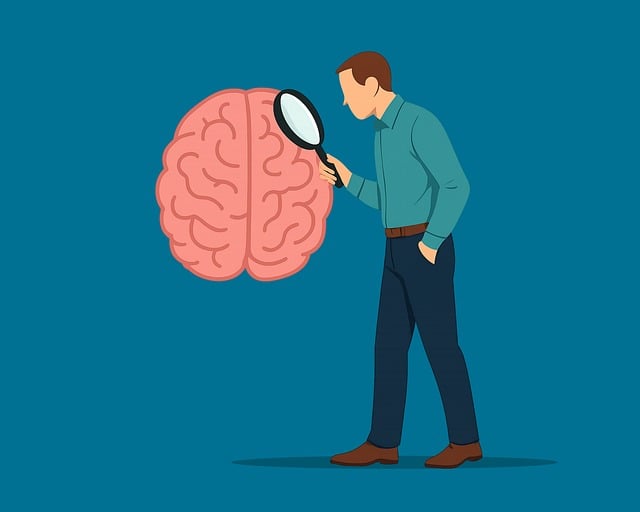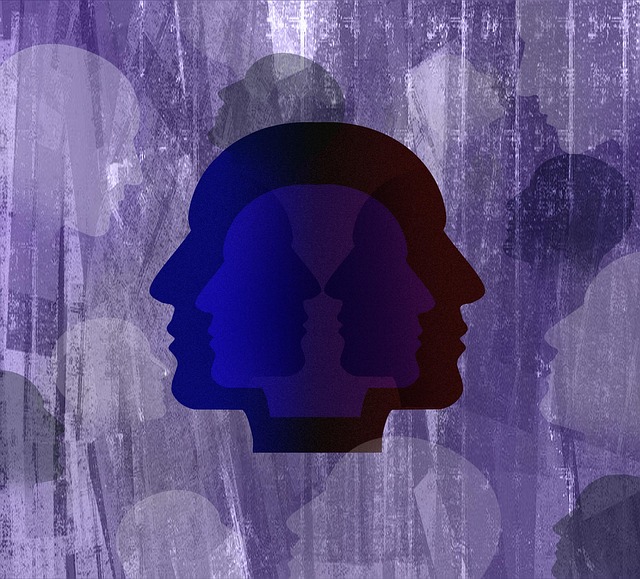Greenwood Village, with its history of child abuse, demands mental health apps tailored for trauma recovery and youth resilience. Developers should collaborate with organizations like Stress Management Workshops and integrate Mental Illness Stigma Reduction Efforts to create inclusive, effective apps that encourage open dialogue about mental health. Evidence-based therapeutic practices, such as customizable daily check-ins, personalized recommendations, interactive tools, and self-awareness exercises, are key for app success. Privacy, security, ethical guidelines, and equitable access are crucial design considerations to transform the digital landscape into a nurturing environment for individuals' mental health journeys, especially those supported by Greenwood Village Child Abuse Therapy.
In the heart of Greenwood Village, a close-knit community faces unique mental health challenges, including addressing child abuse therapy needs. This article explores the burgeoning landscape of mental wellness apps, offering a comprehensive guide for developers and users alike. We delve into the essential features and functions required to deliver effective digital care, while navigating the ethical considerations that ensure safety and privacy. By understanding the specific demands of Greenwood Village, we aim to revolutionize access to therapy services.
- Understanding Mental Health App Needs in Greenwood Village: A Community Perspective
- Key Features and Functions for Effective Therapy Apps
- Development Process and Ethical Considerations for Safe Digital Care
Understanding Mental Health App Needs in Greenwood Village: A Community Perspective

In Greenwood Village, understanding the unique mental health app needs is essential to serving a diverse community that includes individuals facing challenges like child abuse therapy. The landscape of mental wellness apps must cater to various demographics and issues prevalent in the area. For instance, while stress management is a universal concern, Greenwood Village’s history with child abuse requires specific tools tailored for trauma recovery and resilience-building among youth.
A community perspective reveals that Mental Illness Stigma Reduction Efforts can be effectively integrated into app design to foster an inclusive environment. Additionally, organizations like Stress Management Workshops can collaborate with developers to create features that encourage open dialogue about mental health while ensuring robust risk management planning for professionals using the apps. Such partnerships are vital to addressing not only current needs but also preparing for future mental health trends in Greenwood Village.
Key Features and Functions for Effective Therapy Apps

When developing a mental wellness app, incorporating key features and functions that support evidence-based therapeutic practices is essential for its effectiveness. One such feature could be a customizable daily check-in where users can track their mood, thoughts, and behaviors, providing valuable data for self-reflection and identifying patterns. This data, in turn, allows for personalized recommendations on positive thinking exercises, mindfulness techniques, or stress management strategies tailored to each user’s needs.
Additionally, integrating interactive tools like guided meditation sessions, cognitive behavioral therapy (CBT) workbooks, and social skills training modules can enhance the app’s therapeutic value. Self-awareness exercises that encourage users to explore their emotions, beliefs, and triggers are also crucial. For instance, a feature offering journal prompts or reflection questions can help users in Greenwood Village child abuse therapy gain insights into their mental health journeys, fostering personal growth and resilience.
Development Process and Ethical Considerations for Safe Digital Care

The development process for a mental wellness app begins with understanding the specific needs and challenges users face. Researchers and developers at Greenwood Village Child Abuse Therapy focus on creating intuitive, user-friendly interfaces that promote safe digital care. This involves careful consideration of data privacy and security to protect sensitive information shared by users seeking Anxiety Relief, Resilience Building, and Mindfulness Meditation techniques.
Ethical guidelines are paramount in the design phase, ensuring transparency about data usage and providing clear consent mechanisms. Developers must navigate complex issues like algorithmic bias and ensure equitable access to digital care solutions. By prioritizing user safety, privacy, and ethical practices, mental wellness apps can become powerful tools for individuals navigating their mental health journeys, ultimately fostering a more supportive digital landscape.
The development of mental wellness apps, with a specific focus on addressing Greenwood Village Child Abuse Therapy needs, offers a promising digital care solution. By incorporating key features like personalized therapy sessions, mood tracking, and community support, these applications can significantly enhance access to mental health services. However, developers must navigate the development process ethically, ensuring data privacy and security while adhering to relevant regulations. With the right approach, mental wellness apps have the potential to revolutionize support systems in Greenwood Village and beyond, providing accessible and effective therapeutic interventions.


